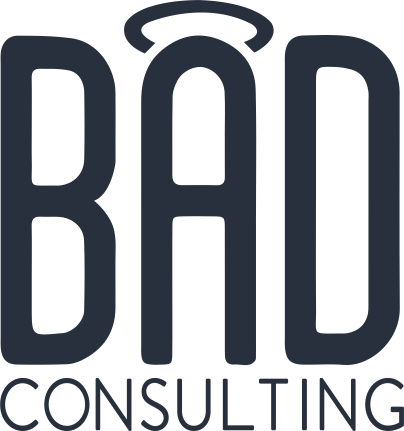Recently, things have gone downhill for a local organization. It has meant the cancellation of a lot of programs my family and many other families have come to depend on. To say some trust has been broken as this organization tries to rebuild is putting it mildly.
Luckily, enough of us care about these programs that we have started the process of helping this rebuilding. But it’s a bit more cautious than it should be and with a much closer eye on what’s going on.
As I’m getting involved with this organization on a deeper level, it’s gotten me thinking of how important trust really is, especially in the kind of business I do where you live and die by the relationships you create. How do you go about building trust? And how do you make sure you keep it?
Follow through on promises
There is just no better way to build trust than to actually follow through on what you promised. If you are consistently doing that, your client should have more and more trust in you.
Where I struggle with this is that I will get really excited about a client and tell them exactly the things I would like to do with no filter. And then when I start working on it, I will discover that it’s too big for one person to accomplish on their own or some parts of my idea just aren’t doable. That means I have to walk things back.
When they say that underpromise and overdeliver is the best way to go, it’s so true. I’m working on having more of a filter when it comes to telling a client what I want to do, and I do a little work here and there in the background to figure out how my ideas could work. Then when I present a fully worked out idea that is within contract but still a step above our regular content, it looks more like it is in the realm of overdelivering. That impresses a client and builds trust even faster. And that’s the ultimate goal, so you keep them coming back for more and recommending your work.
Over-communicate
This is kind of funny considering that I just said I need to learn how to speak through a filter to clients, but over-communication has really been a big part of trust-building for me.
My clients always know how to reach me if anything comes up, even if I am gone for a few hours. I give constant updates on what is happening with their accounts and various projects I’m working on. And a million other little things that would seem like I’m telling my clients too much.
What ends up happening is that my clients trust me more because they can easily talk about what’s happening on social media without constantly being there. And in return, they’re more open with me. They’ll give me those micro updates about their organization. I’m then more prepared for something that might go down on social media. It makes my job so much easier in the long run.
Listen
We’re in a society that talks and talks and talks. It’s the standard now to talk at people instead of actually listening.
If you want to build trust, listening is vital. And not just listening to what is being said but what is not being said. That is what will make the difference between a good business owner and a great one. Making your client feel heard, really heard, will make them more comfortable with you.
And delivering just what they’re asking for, but what they don’t know that they need, will make you a cut above. The key to finding out what they aren’t asking for is listening to those spaces between sentences or listening to those pain points they let slip. On the surface, they may not think you can do anything about those pain points. But sometimes there is something you can do that is within the bounds of your contract. And taking that pain point away from your client can build a lot of trust.
There is no quick way to earning trust. It’s all about showing up again and again and again. But if you do that, magical things will start happening. And that’s when great social media starts.
How have you earned trust with a client?

